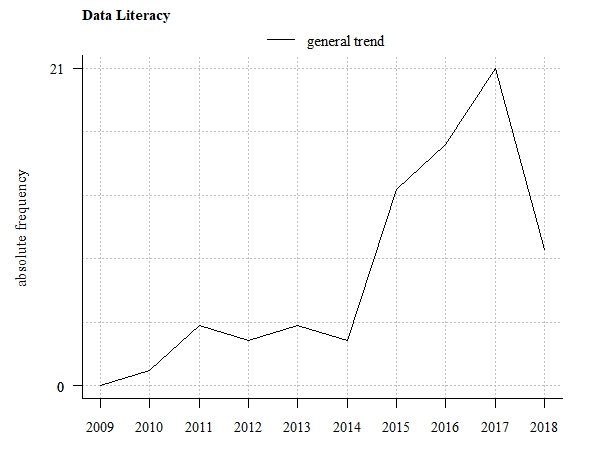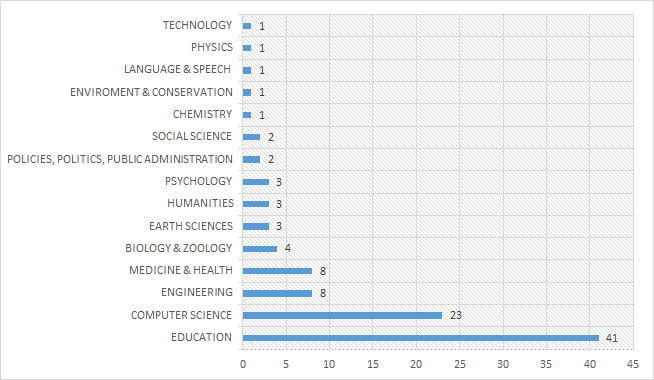Open data - Download the Knowledge base
You are free to download the data of this Knowledge base.
To do this you must be an authenticated user: log in or sign in now.
All the data are licensed as Creative Common CC-BY 4.0.
Data literacy is about the ability to handle data. It includes competences to collect, manage, evaluate and apply data in a critical manner. The public sector struggles with the growing skills gap, since data has become a central issue in our working environment, and the ability to understand and master the huge amounts of data available to the organisation is a key challenge. Key to this is establishing a culture of data literacy, meaning employees at all levels can access and have the ability to read, work, analyse and argue with data. The OECD has launched a skills model for public sector innovation that emphasises six core skills. One of it is Data Literacy, which should ensure that decisions are data-driven and that data is not an after thought. [1]


| Agenda Setting | Policy Design and Analysis | Policy Implementation | Policy Monitoring and Evaluation | |
|---|---|---|---|---|
| Agriculture, Fisheries, Forestry & Foods | ||||
| Economy & Finance | ||||
| Education, Youth, Culture & Sport | ||||
| Employment & Social Security | ||||
| Environment & Energy | ||||
| Health | ||||
| Foreign Affairs and Defence | ||||
| Justice, Legal System & Public Safety | ||||
| Public Affairs | ||||
| Innovation, Science & Technology | ||||
| Urban Planning & Transport | ||||
| Institutional Questions / Internal Affairs |
You are free to download the data of this Knowledge base.
To do this you must be an authenticated user: log in or sign in now.
All the data are licensed as Creative Common CC-BY 4.0.